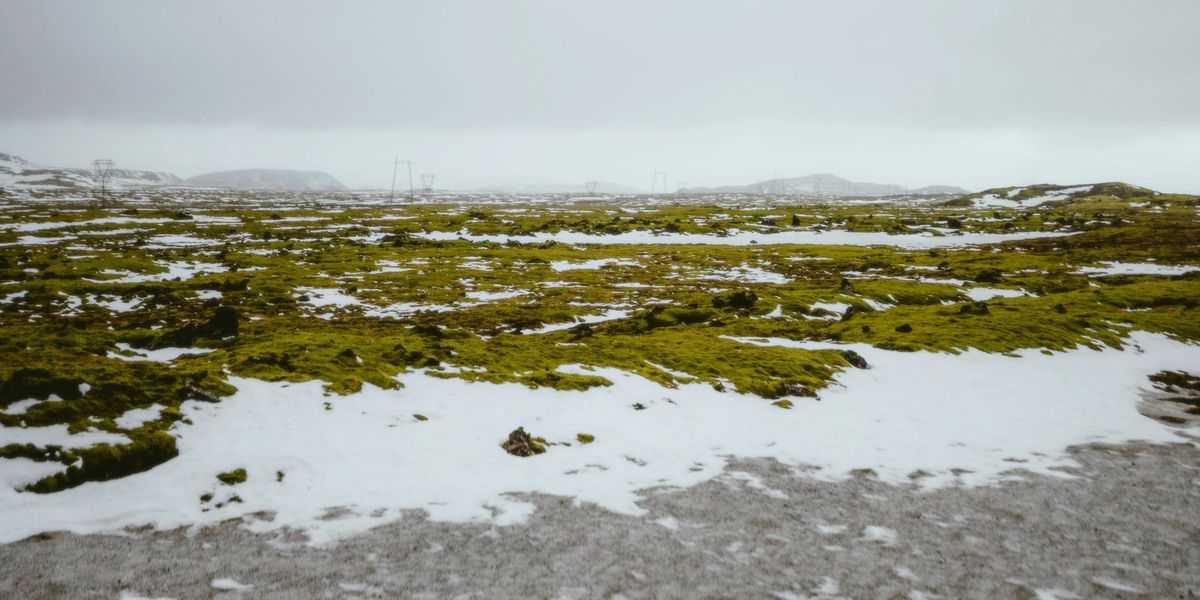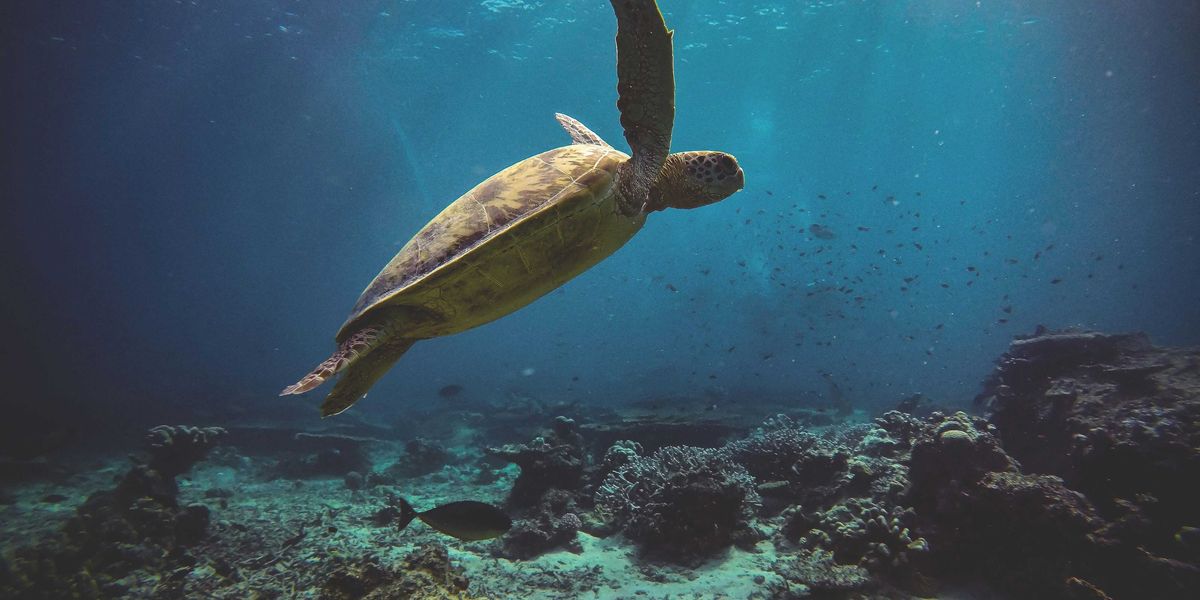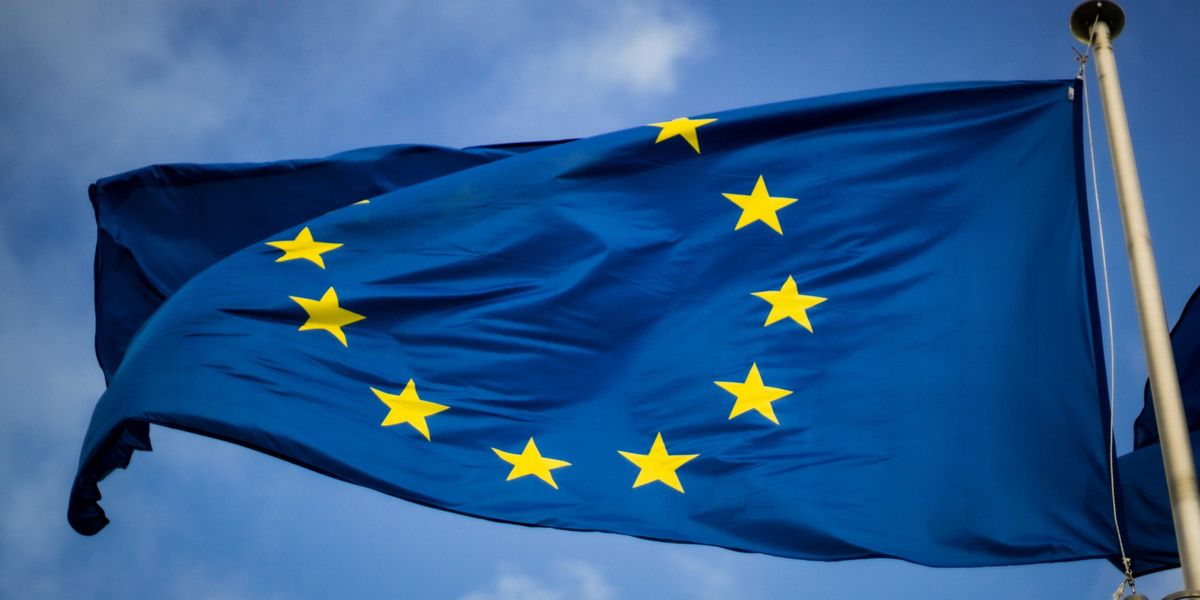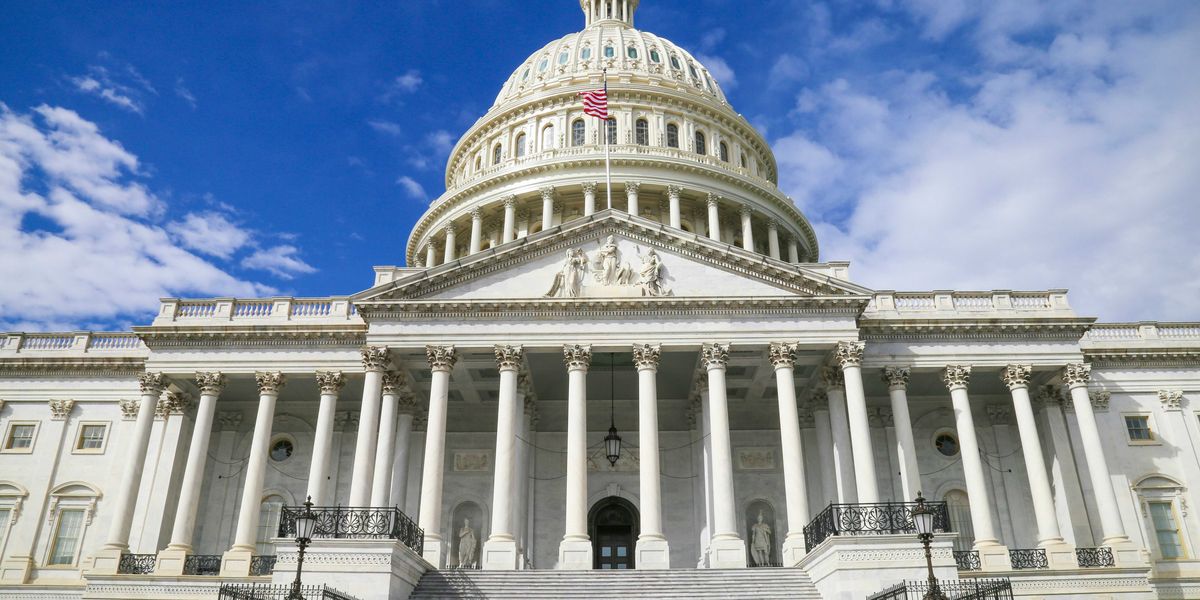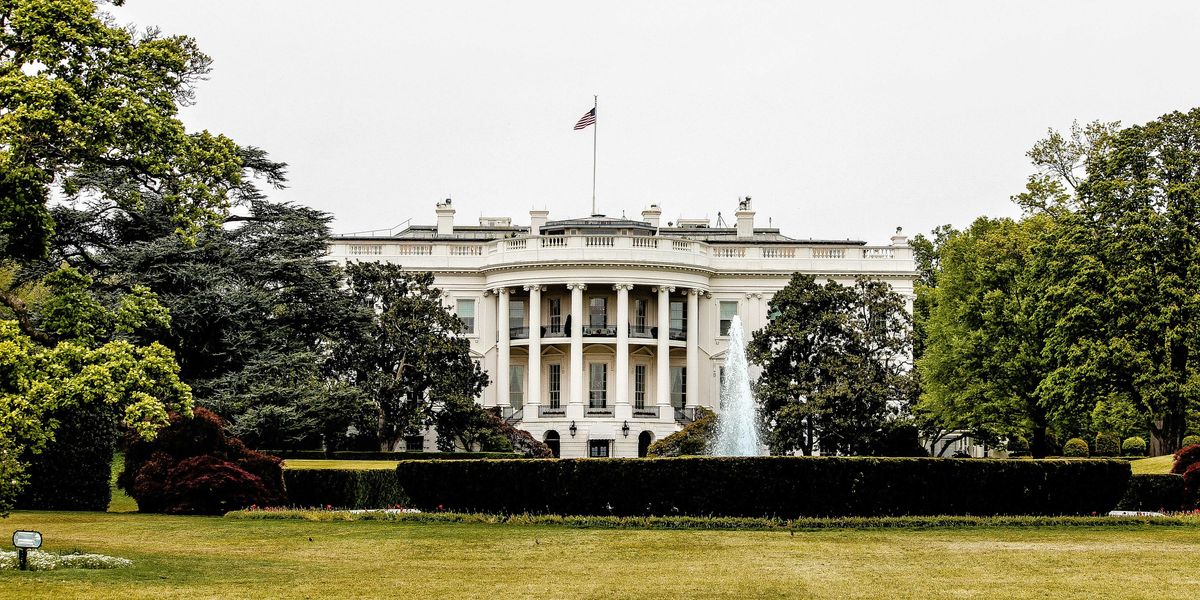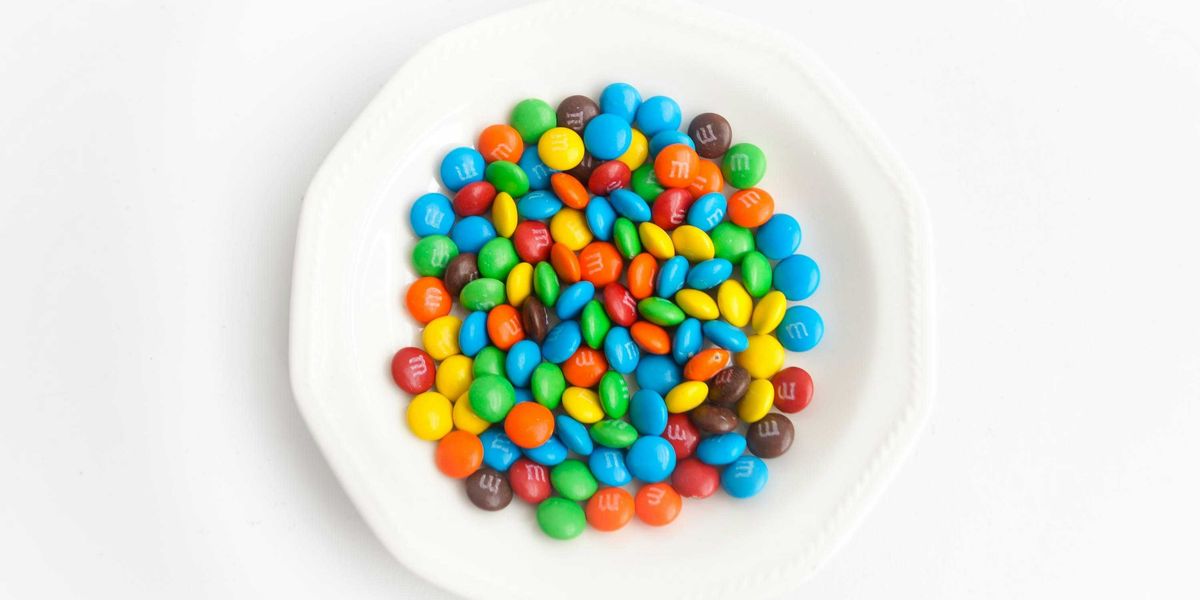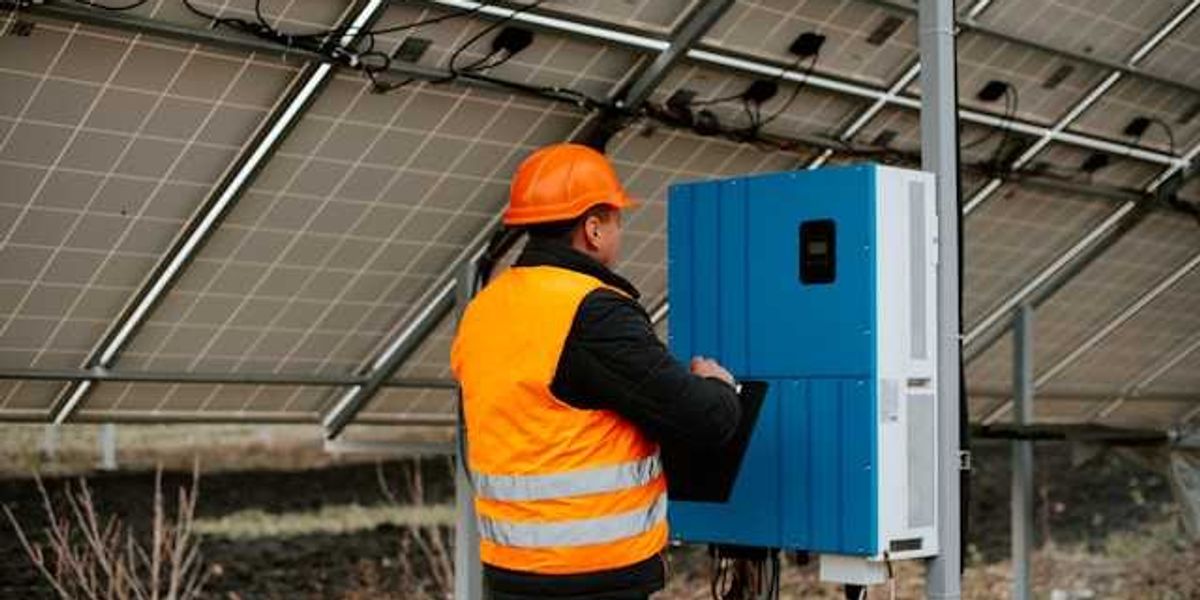Chicago artists envision justice through a world free from prisons and pollution
A powerful Chicago art show draws the line between deadly prison conditions and environmental injustice, reimagining freedom through abolitionist creativity.
Keerti Gopal reports for Inside Climate News.
In short:
- The exhibition We Will Have Our Spring showcases work by incarcerated and formerly incarcerated artists, spotlighting how toxic water, extreme heat, and structural neglect endanger lives in Illinois prisons.
- The death of Michael Broadway, a cancer survivor who died during a heatwave in Stateville prison, underscores the deadly overlap of poor healthcare, climate stress, and systemic neglect behind bars.
- Artists and advocates link the prison system’s environmental failures to broader climate injustice, arguing for abolition and reinvestment in community well-being over incarceration.
Key quote:
“Clearly, they said these prisons were [in] dire disrepair and they needed to be closed because they were unfit to have human beings in there. To me, that’s cruel and unusual punishment.”
— Jimmy Soto, a paralegal at Northwestern University’s Pritzker School of Law, justice practitioner fellow at the Center for the Study of Race, Politics & Culture at the University of Chicago, and former inmate
Why this matters:
As temperatures rise and infrastructure crumbles, lives are at risk — especially for Black and brown people disproportionately locked up in unsafe conditions. The artists here are calling out the cruelty, but they’re also crafting alternatives. They’re sketching a world where justice means breathable air, clean water, and a society that invests in health, not handcuffs.
Read more: Toxic prisons teach us that environmental justice needs abolition

